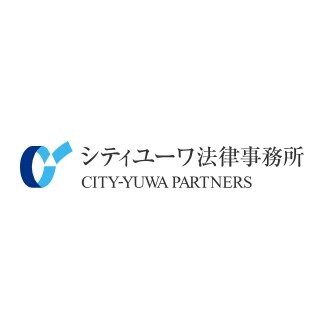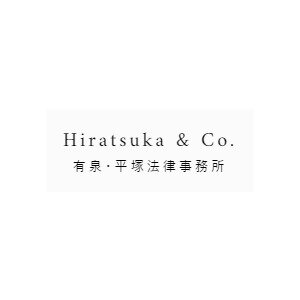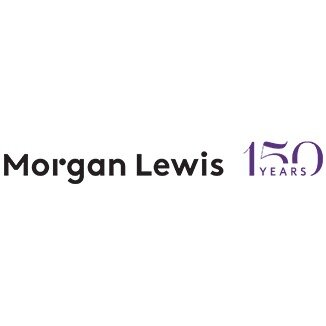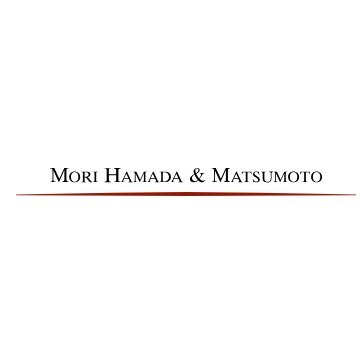Best Sanctions & Export Controls Lawyers in Chiyoda-ku
Share your needs with us, get contacted by law firms.
Free. Takes 2 min.
List of the best lawyers in Chiyoda-ku, Japan
About Sanctions & Export Controls Law in Chiyoda-ku, Japan
Sanctions and export controls are key areas of law that regulate the movement of goods, technologies, and services across national borders. In Japan, and specifically in Chiyoda-ku where many companies and governmental offices are located, these laws ensure national security and compliance with international obligations. Japan's regulatory framework controls the export of sensitive goods, the transfer of technology, and prohibits business with individuals or entities subject to international or domestic sanctions. These controls apply to both domestic and foreign companies operating in Chiyoda-ku, making legal compliance essential for businesses and individuals involved in international trade or technology transfer.
Why You May Need a Lawyer
Legal experts in sanctions and export controls can help individuals and businesses navigate complex regulations. Common situations where professional advice may be needed include:
- Exporting goods, software, or technology from Japan to other countries.
- Conducting business with foreign partners or clients, especially those in high-risk jurisdictions.
- Uncertainty about whether a product or transaction requires governmental approval.
- Receiving inquiries or investigations from Japanese authorities regarding export activities.
- Developing internal compliance programs to prevent accidental violations.
- Responding to potential violations or enforcement actions.
- Understanding new or updated regulations impacting ongoing business.
Because the consequences of non-compliance can include fines, license revocation, or criminal penalties, timely legal advice is crucial.
Local Laws Overview
In Chiyoda-ku, sanctions and export controls are governed mainly by the Foreign Exchange and Foreign Trade Act (FEFTA). This law and related government decrees set detailed requirements for exporting goods, transferring technology, and conducting financial transactions with certain foreign countries and individuals. Key points include:
- Many exports require a license or prior notification to authorities, especially those that could be used for military purposes (so-called “dual use” goods).
- Strict controls on exports to countries subject to United Nations Security Council sanctions or Japanese government embargoes.
- Prohibition of transactions with designated individuals or organizations, including terrorists and proliferators of weapons of mass destruction.
- Regular updates to lists of controlled items and sanctioned parties, with penalties for non-compliance ranging from administrative warnings to criminal charges.
- Enforcement mainly handled by the Ministry of Economy, Trade and Industry (METI), which is located in Chiyoda-ku itself.
Given this legal landscape, everyone involved in international trade, technology, or finance should be aware of their obligations under Japanese law.
Frequently Asked Questions
What is the main law governing export controls and sanctions in Japan?
The Foreign Exchange and Foreign Trade Act (FEFTA) is the principal law regulating export controls and sanctions in Japan, supported by relevant cabinet orders and ministerial regulations.
Do I need a license to export goods from Chiyoda-ku, Japan?
Many goods, including technology and software, may require a license depending on their classification and destination. Always check with the Ministry of Economy, Trade and Industry (METI) before exporting.
Are there specific items that are always controlled?
Yes, certain items such as military equipment, dual-use technologies, and items listed on Japanese control lists, such as sensitive chemicals and advanced electronics, are strictly regulated.
What are the penalties for violating export control laws?
Penalties include fines, suspension or revocation of business licenses, and criminal prosecution, which can include imprisonment for serious violations.
How are individuals and organizations identified for sanctions?
Japan regularly publishes lists of sanctioned individuals and organizations, often based on United Nations Security Council resolutions and domestic security policies. Doing business with these parties is prohibited.
How often do the laws or lists of controlled items change?
Updates are frequent, reflecting international developments and technological advancements. Companies should monitor METI announcements regularly.
Can software and technical data also be subject to export controls?
Yes, intangible exports such as software, blueprints, or technical know-how can be regulated just like physical goods.
If I receive a compliance inquiry from authorities, what should I do?
Engage a qualified legal professional immediately to respond appropriately and avoid making self-incriminating statements.
Are there exceptions for humanitarian or academic purposes?
Some exceptions exist, but require careful review and possibly special permission from authorities. What may qualify as humanitarian or academic use is strictly defined by law.
What is the role of a lawyer in complying with sanctions and export controls?
A lawyer can assess your activities, provide compliance advice, help with licensing, conduct internal audits, defend you in investigations, and represent you in enforcement proceedings.
Additional Resources
If you need more information or support regarding sanctions and export controls in Chiyoda-ku, consider reaching out to these entities:
- Ministry of Economy, Trade and Industry (METI) - Oversees all export control licensing and compliance matters.
- Ministry of Foreign Affairs (MOFA) - Provides updates on international sanctions and embargoes.
- Japan External Trade Organization (JETRO) - Offers guidance for businesses involved in international trade.
- Tokyo Chamber of Commerce and Industry (TCCI) - Provides seminars and support services regarding compliance.
- Local law firms in Chiyoda-ku specializing in international trade law.
Next Steps
If you believe sanctions or export controls may affect your business or personal activities in Chiyoda-ku, Japan, take the following steps:
- Identify which laws and regulations apply to your situation by reviewing government materials or consulting METI resources.
- Gather all relevant information about your products, services, customers, and transactions.
- Contact a lawyer in Chiyoda-ku with experience in sanctions and export controls to conduct a risk assessment or respond to any government inquiries.
- Implement recommended compliance measures, including staff training and internal monitoring systems.
- Monitor updates to laws and regulations to maintain ongoing compliance and avoid future issues.
Early legal guidance can prevent costly mistakes and give you peace of mind when navigating Japan’s complex sanctions and export control landscape.
Lawzana helps you find the best lawyers and law firms in Chiyoda-ku through a curated and pre-screened list of qualified legal professionals. Our platform offers rankings and detailed profiles of attorneys and law firms, allowing you to compare based on practice areas, including Sanctions & Export Controls, experience, and client feedback.
Each profile includes a description of the firm's areas of practice, client reviews, team members and partners, year of establishment, spoken languages, office locations, contact information, social media presence, and any published articles or resources. Most firms on our platform speak English and are experienced in both local and international legal matters.
Get a quote from top-rated law firms in Chiyoda-ku, Japan — quickly, securely, and without unnecessary hassle.
Disclaimer:
The information provided on this page is for general informational purposes only and does not constitute legal advice. While we strive to ensure the accuracy and relevance of the content, legal information may change over time, and interpretations of the law can vary. You should always consult with a qualified legal professional for advice specific to your situation.
We disclaim all liability for actions taken or not taken based on the content of this page. If you believe any information is incorrect or outdated, please contact us, and we will review and update it where appropriate.














